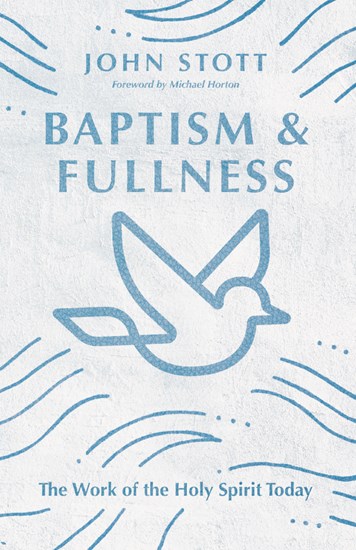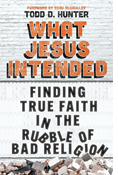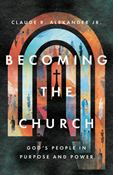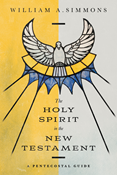
"The Christian life is life in the Spirit," writes John Stott. "It would be impossible to be a Christian, let alone to live and grow as a Christian, without the ministry of the gracious Spirit of God. All we have and are as Christians we owe to him."
The Holy Spirit continues to be at work around the world, as numerous renewal movements attest. Yet much confusion and controversy remain regarding the Holy Spirit's activity. In this classic study, John Stott provides clear biblical exposition on the promise, the fruit and the gifts of the Holy Spirit. He offers particular guidance on the nature of "the baptism of the Spirit" and whether certain spiritual gifts and experiences should be normative for all Christians. Always irenic and gracious, Stott points the way to both greater biblical understanding and deeper fullness of spiritual life.
CONTENTS
Foreword by Michael Horton
Preface to the Second Edition
Introduction
Basic Principles of Approach
1. The Promise of the Spirit
The Promise of a Distinctive Blessing
The Promise of a Universal Blessing
The Day of Pentecost
The Samaritan Believers
The Ephesian Disciples
The Language of Baptism
1 Corinthians 12:13
Conclusion
2. The Fullness of the Spirit
The Difference Between "Baptism" and "Fullness"
Continuous Appropriation
Marks of the Spirit's Fullness
The Command to Be Filled
The Average Christian
Special Experiences
An Exhortation
3. The Fruit of the Spirit
Supernatural Origin
Natural Growth
Gradual Maturity
Application
4. The Gifts of the Spirit
The Nature of Spiritual Gifts
How Many Different Gifts Are There?
The Relation Between Spiritual Gifts and Natural Talents
Are All Spiritual Gifts Miraculous Gifts?
Are All the Spiritual Gfts of the Bible Given Today?
The Word "Charismatic"
The Extent of Spiritual Gifts: To Whom Are They Given?
The Source of Spiritual Gfts: Where Do They Come From?
The Purpose of Spiritual Gifts: What are They Given For?
Conclusion












